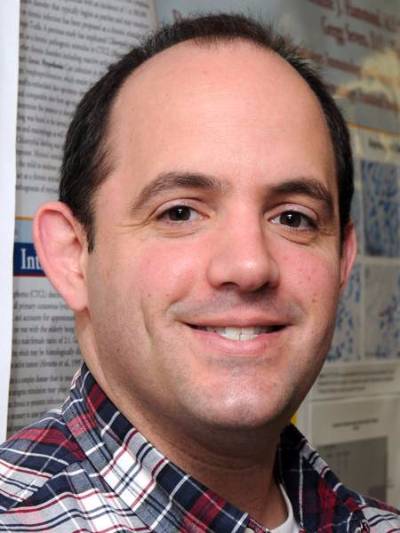Education
PhD, Molecular Pathobiology Program MCP-Hahnemann University
BS, Eberly College of Science at the Pennsylvania State University
Research
Dr. Little's research interests include immunology and chronic infection associated
with diseases of aging, specifically the role of the immune system in modulating disease
severity. One research focus includes the identification of elements of the immune
system critical in the prevention of dissemination of the respiratory pathogen, Chlamydia
pneumoniae, to extra-respiratory sites. He has published articles pertaining to the
forementioned topic as well as investigating the role of Chlamydia pneumoniae infection
in the induction of Alzheimer-like pathology in a non-transgenic mouse model of experimentally
induced AD-like pathology. The experimental induction of Alzheimer-like pathology
in non-transgenic mice serves as a model to study early developments and inducing
factors that may lead to symptomatic illness for the sporadic/late onset form of Alzheimer's
disease.
Additionally, Dr. Little’s research interests include the study of severe/life-threatening
food allergy, particularly life-threatening allergic reactions following consumption
to peanuts. These studies involve identifying key immune cells responsible for immune-modulation
of the allergic response to peanut and then reprogramming these cells to ameliorate
this condition. Dr. Little is a member of The New York Academy of the Sciences, The
Alzheimer’s Association, The Microscopy Society of America and Sigma Xi Scientific
Research Society.


